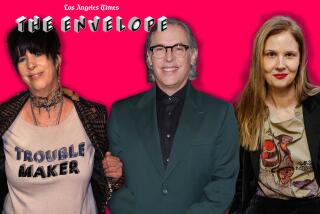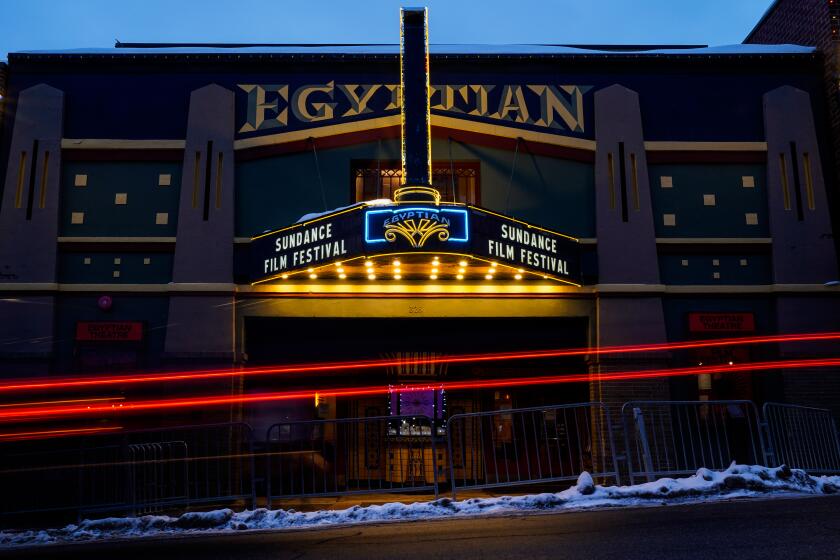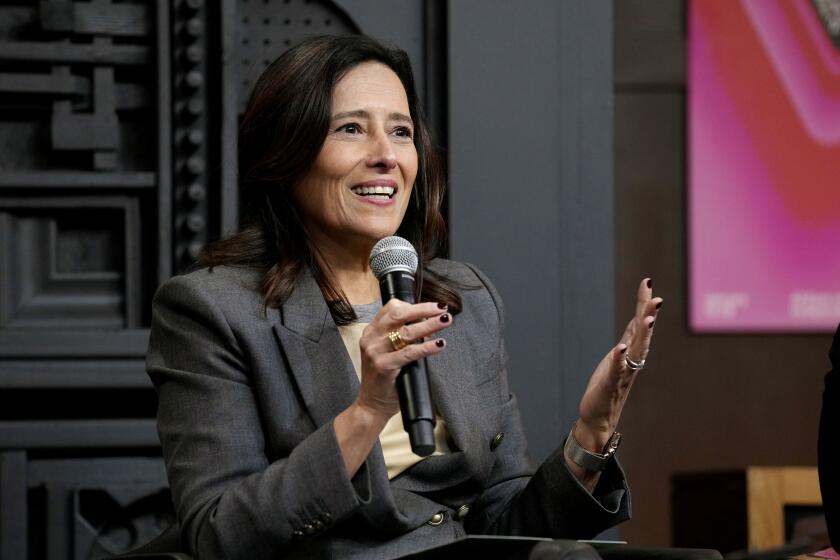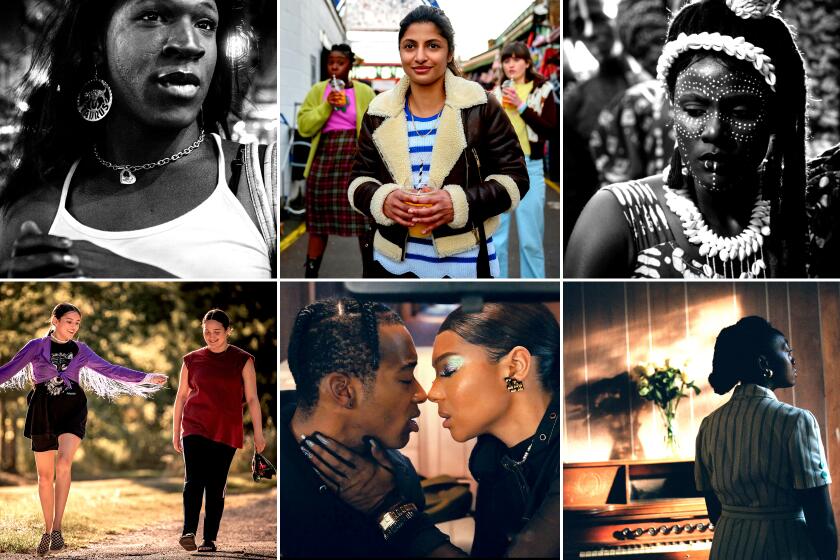Sundance 2020: ‘Worth’ examines the tough calls of the 9/11 Victims Compensation Fund

Stanley Tucci and Amy Ryan joined Laura Benanti, Tate Donovan, director Sara Colangelo and the real-life inspirations for the film to talk about the story behind “Worth” at Chase Sapphire on Main.
PARK CITY, Utah — The movie “Worth,” which premiered at the Sundance Film Festival Friday night, is set in the aftermath of 9/11, specifically dealing with the process by which lawyers Kenneth Feinberg and Camille S. Biros facilitate the implementation of the September 11th Victim Compensation Fund. Michael Keaton stars as Feinberg and Amy Ryan plays Biros, while Stanley Tucci plays Charles Wolf, a community organizer who lost his wife in the Twin Towers. Laura Benanti appears as the widow of a NYC firefighter, while Tate Donovan plays a lawyer who clashes with Feinberg.
Ahead of the film’s world premiere, director Sara Colangelo sat down with Tucci, Ryan, Benanti and Donovan, along with the real Feinberg and Biros, at the L.A. Times Live series at Chase Sapphire on Main to discuss the movie and the way in which it considers the difficult dilemma of putting an actual dollar value to the question of what a life is worth.
“There is on the surface a dryness to computing these numbers and monetizing lives,” said Colangelo. “It almost seems bizarre and, dare I say, vulgar. But we’ve been doing this, whether it’s insurance companies or in other facets. There’s something to that dryness kind of colliding with the heartbreak of 9/11 and the incredible emotional reeling of families. I was really interested in that tension and that collision.”
The movie details the emotional transformation of Feinberg, who comes to see the people he is servicing with the fund — which dispensed $7 billion dollars to some 5,300 people — as unique individuals and not just accumulations of data.
Feinberg said he felt the movie was an accurate reflection of the trajectory he went on.
“The 9/11 fund was unique. It’ll never be replicated,” said Feinberg. “And you evolve, you have to be flexible. As you move along, you begin to realize you can’t just use a calculator. It won’t work. People are injured and they’re psychically impacted and you better find a way. And Camille was incredible this way and the film shows it, you better find a way to be empathetic.
“And the film is so effective in showing that gradual evolution,” Feinberg added, “a transformation from being a lawyer … to really becoming more of a priest or a rabbi and exhibiting that type of empathy that encouraged people to participate in the fund voluntarily.”
“It’s in the DNA of the story,” said Colangelo. “I think that was inherent in the story, that drama was there.”
Watch the full panel in the video above.
More to Read
Only good movies
Get the Indie Focus newsletter, Mark Olsen's weekly guide to the world of cinema.
You may occasionally receive promotional content from the Los Angeles Times.











